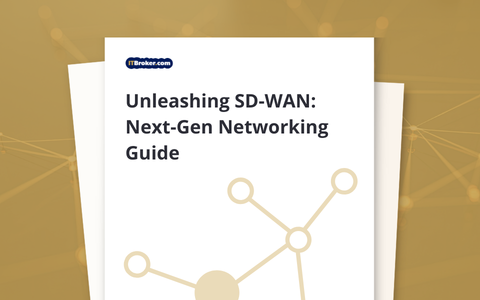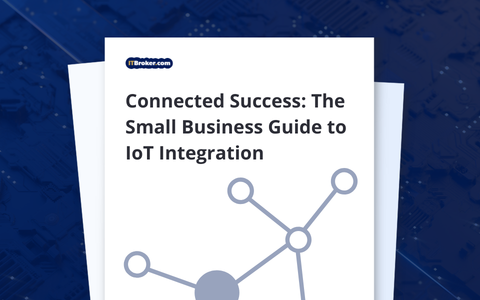What Is Business Process Outsourcing (BPO)?
BPO refers to contracting third-party providers to manage specific business functions—either customer-facing or back-office. Rather than building everything in-house, BPO enables companies to delegate work to partners with domain expertise, economies of scale, and flexible delivery models.
Types of Services Typically Outsourced
- Back Office: HR, payroll, finance, accounting, IT support
- Front Office: Customer service, inbound sales, technical support
- Knowledge Process Outsourcing (KPO): Research, analytics, compliance
- IT Services: Helpdesk, infrastructure support, app management
A BPO provider takes over processes, staff management, and SLAs—so your team can focus on growth, innovation, and core operations.
Why Choose BPO Services?
Core Problems BPO Solves
- Operational Bottlenecks
Free internal teams from repetitive, low-leverage tasks. - High Fixed Costs
Convert overhead to variable costs and reduce infrastructure spend. - Talent Gaps
Access skilled, ready-to-scale global teams in specific functions. - Inconsistent Service Delivery
Standardize performance through SLAs and experienced outsourcing providers. - Strategic Distraction
Keep your top talent focused on roadmap, not admin.
Who Should Consider BPO?
- Rapidly growing organizations needing to scale operations without hiring sprees
- Mid-market businesses with constrained budgets for in-house teams
- Companies entering new markets that require multilingual or round-the-clock support
- Enterprises under pressure to reduce cost-to-serve and improve margins
Our take? If internal bandwidth is slowing your strategy, it’s time to explore BPO.
Key Features of Modern BPO Services
Here’s what sets best-in-class BPO services apart today:
- Process Expertise
Deep operational experience in HR, CX, finance, and more - Scalability
Ability to scale up or down based on demand or seasonality - Technology Integration
Alignment with your systems, whether ERP, CRM, or custom workflows - SLA-Driven Performance
Measurable targets for response time, resolution rates, and accuracy - Multilingual, Multiregional Support
24/7 coverage with cultural fluency and local compliance awareness - Security and Compliance
Adherence to ISO, GDPR, HIPAA, PCI-DSS where relevant - Analytics and Reporting
Dashboards and reports that track KPIs and enable optimization
Implementation Insights
BPO isn’t a quick swap. Success depends on selecting the right functions, providers, and transition model. We recommend:
- Map Core vs. Non-Core Work
Focus BPO on functions that are important—but not differentiators. - Assess Process Maturity
Well-documented, repeatable tasks make ideal candidates for outsourcing. - Define Success Metrics Early
Identify KPIs to track value, not just cost. - Choose a Phased Rollout
Start with one process, then expand based on early wins. - Ensure Internal Buy-In
Teams must feel supported—not threatened—by outsourcing. - Review Tech Alignment
Evaluate systems integration, access control, and data flows.
ITBroker.com helps clients structure BPO engagements around outcomes, not just cost savings.
BPO vs. In-House Operations
Common Challenges and Misconceptions
“Outsourcing means losing control.”
Not true when done right. You set the KPIs, own the process outcomes, and maintain visibility through real-time dashboards.
“BPO is only for large enterprises.”
It used to be. Now SMBs and mid-market firms outsource everything from bookkeeping to support desks.
“It’s only about saving money.”
While cost is a driver, the real value is focus, agility, and quality at scale.
“Security and compliance will suffer.”
Reputable providers meet the same (or higher) standards than internal teams—especially in healthcare, finance, and legal.
How to Choose the Right BPO Partner
The right BPO partner isn’t just a vendor—they’re an operational extension of your team. We recommend evaluating:
- Industry Experience
Do they understand your vertical’s unique workflows and compliance needs? - Cultural Fit
How well will they represent your brand and values? - Scalability
Can they support your growth over 3–5 years? - Transparency
Are SLA targets, reporting cadence, and ownership clear? - Technology Alignment
Will their tools integrate with your platforms and workflows?
ITBroker.com helps you weigh these trade-offs and shortlists providers that match on every dimension.
BPO Services Pricing Considerations
BPO costs are typically based on:
- Per agent/hour – Common for customer support, helpdesk, and back-office
- Per transaction – For high-volume, repeatable processes (e.g., invoices, claims)
- Outcome-based – Based on KPIs like resolution rates, sales conversions, or speed
We help you benchmark rates, avoid scope creep, and negotiate favorable terms—especially around SLA enforcement and contract flexibility.
How ITBroker.com Finds the Right BPO Partner for You
With over 900+ vetted providers, we simplify what can feel like a black box. Our process:
- Discovery – Define process, volume, KPIs, and goals
- Assessment – Match operational needs to best-fit providers
- Comparison – Present pricing models, delivery models, and pros/cons
- Negotiation – Secure favorable contracts and SLA commitments
- Deployment – Support onboarding, knowledge transfer, and early success metrics
We stay involved beyond kickoff—because success isn’t about handoff, it’s about follow-through.
FAQs About BPO Services
Q: What types of tasks are best for BPO?
Repeatable, non-core processes—like HR admin, IT support, and CX—are ideal.
Q: Can BPO work for startups or SMBs?
Absolutely. Many BPO providers specialize in scalable, flexible engagements.
Q: How do I ensure quality?
Through SLAs, scorecards, and shared dashboards with clear accountability.
Q: Will I lose visibility into outsourced tasks?
No—modern BPOs use tracking tools, reporting portals, and shared SLAs for transparency.







.png)
.png)
.png)
_%20Redefining%20Security.png)







